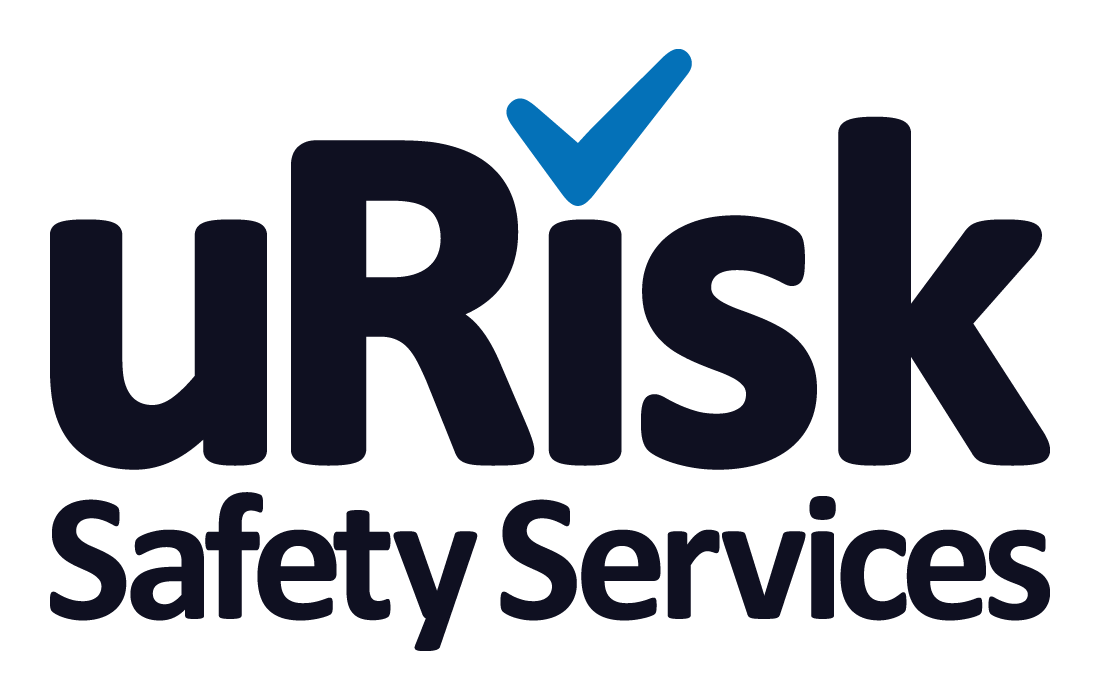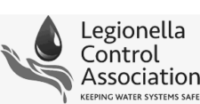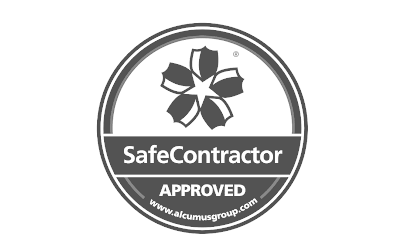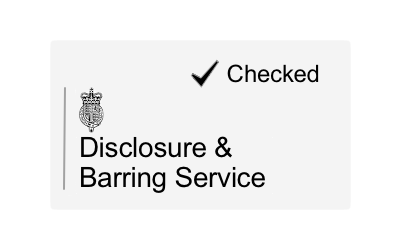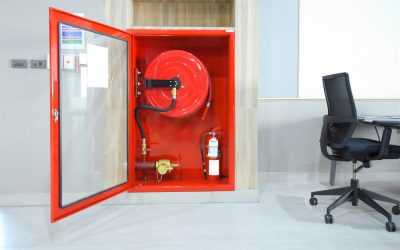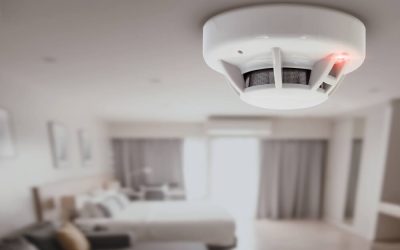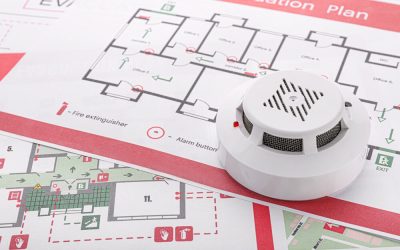Do Landlords Have To Test For Legionella?
It is a health and safety requirement that landlords must take steps to protect their tenants from harm. More specifically, biological agents such as the legionella bacteria are covered by the Control of Substances Hazardous to Health Regulations 2002 (COSHH). Landlords therefore have legal responsibilities to undertake legionella risk assessments and take whatever measures are necessary to control those risks. So legionella risk assessment for landlords is a legal requirement for the safety of your tenants.
Why is a legionella risk assessment necessary?
Legionella bacteria is a waterborne pathogen that, under certain conditions, can infect humans and develop into the potentially fatal form of Legionnaires’ disease. The bacteria thrives in warm, stagnant water, such as you’d find in properties that have been vacant for a while, or in a dead leg. If the bacteria get the opportunity to breed and thrive, they will contaminate the water system. When contaminated water is run through the taps, there is a risk they will be inhaled by tenants in tiny water droplets created by shower heads or splashes.
Once infected, the bacteria has the potential to develop into Legionnaires’ disease, a pneumonia-like illness that poses a danger to the elderly, the very young and the medically vulnerable. Other groups that are at risk of contracting Legionnaires’ include the over 45s, smokers, heavy drinkers, people with chronic health conditions and people with poor immune function.
Preventing a build up of legionella
There are a number of measures you can take to prevent the build up of the legionella bacteria in hot and cold water systems. The principle way is by making sure the temperature of the water is either too hot or too cold for the bacteria. Legionella thrives in temperatures between 20oC and 45oC, so by making sure the cold water is below 20oC and the hot water is stored at 60oC or higher, you will be minimising the potential legionella risk. We suggest using a legionella thermometer to manage and measure water temperature.
You also need to make sure your water systems are regularly flushed. The good news is that for residential properties, domestic activity ensures the water system is flushed properly on a daily basis anyway.
What are your tenants’ responsibilities?
However, in order to ensure the safety of the water systems, your tenants can take actions to ensure they are as safe as possible. This includes keeping the minimum temperature of the hot water at 60oC, and cleaning and descaling shower heads to prevent the build up of scale that might prevent the free flow of the water.
Dealing with vacant properties
If any of your properties are vacant for any length of time, there are simple measures you can take to prevent the build up of legionella bacteria. Visit the property once a week to flush all the toilets, as well as run all the taps for a couple of minutes – this will keep the water running and will prevent the possibility of a buildup of bacteria. Regular visits will also help with the security of the property, and also give you a chance to spot any potential problems.
Legionella risk assessments for landlords
Get in touch to find out how we can help you with your legionella risk assessment. If you would like to find out more about the legionella bacteria, Legionnaires’ disease and your responsibilities with regard to the control and management of legionella, sign up for our online Legionella Awareness Training Course. Only £35 + VAT.
Legionella and Water Hygiene Blog Posts
Office Fire Risk Assessment
As you would expect, keeping your office safe from the risk of fire is a legal requirement under the Regulatory Reform (Fire Safety) Order 2005. If you are the owner or manager of a business, or landlord of an office building, it is your responsibility to ensure your...
Fire Risk Assessment For Flats
Your legal requirements as a landlord include taking precautions to keep your tenants safe, including when it comes to the risk of fire in flats. As part of the fire safety regulations, fire risk assessments for flats is therefore part of your legal obligation to...
Getting A Risk Assessment For Fire in the UK
As an employer, landlord or facilities manager, it is your legal responsibility to keep everyone who uses your premises safe. A fire risk assessment is an important part of this because it identifies what might cause a fire so you can take steps to prevent one, as...
